“No fish or squid will refuse this bait. Although digging is quite hard and difficult to hook, this is the number one food for fishing…” - Mr. Huynh Tam (Ha Thuy 2 village, Chi Cong commune, Tuy Phong district) shared while taking advantage of the time to dig to move the sea when the tide is low.
hard job
Early mornings of the last days of the year of the Cat 2023 - the time when the water recedes, the weather in the coastal area of Chi Cong commune, Tuy Phong district, as well as many other coastal areas of Binh Thuan, is affected by rough seas. It is the feeling of strong north winds blowing, bringing with them a chill, even though the sun has time to shine brightly.
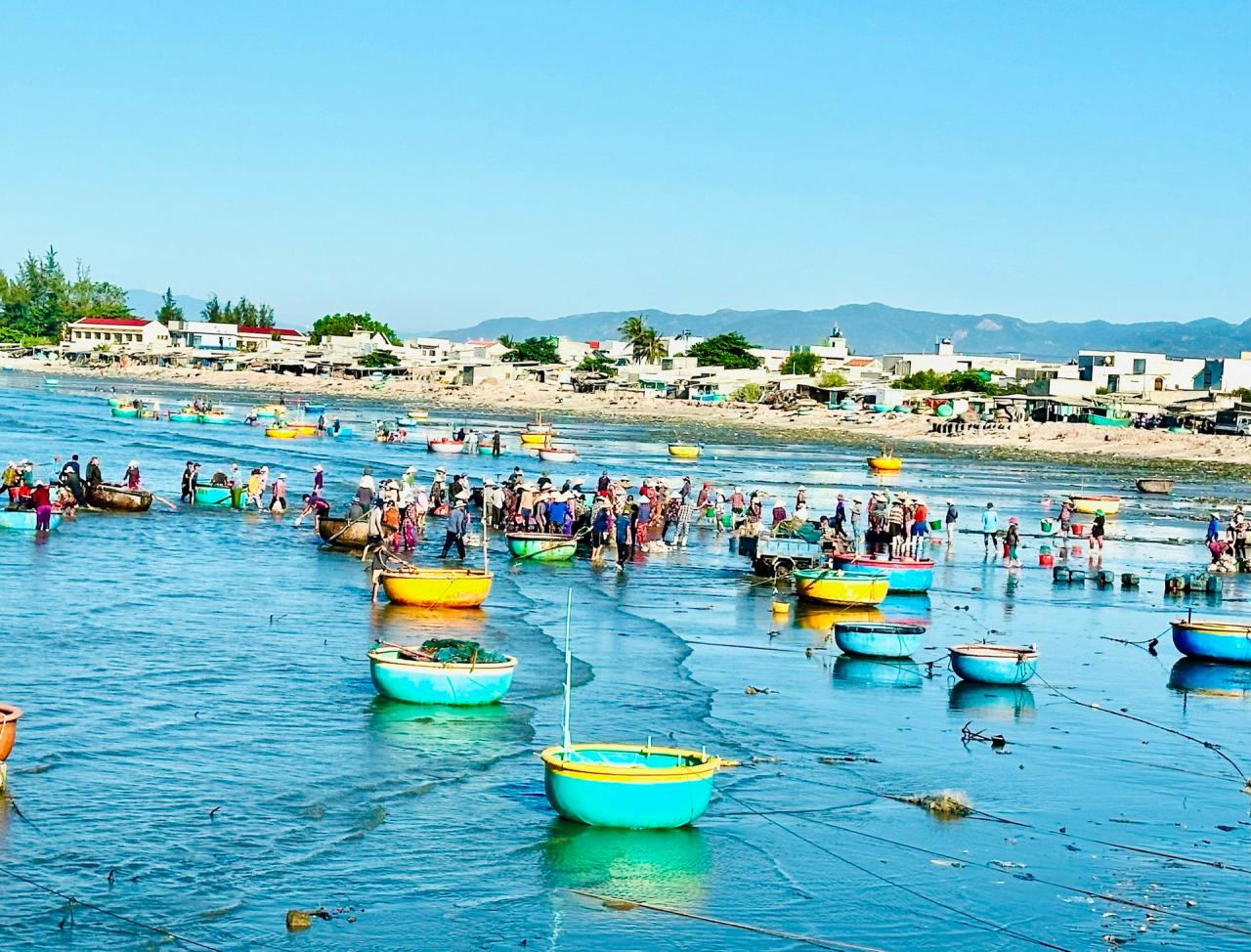
For the local people, perhaps they are too familiar with the changes in weather, with the rising and falling of the tides at the beginning and middle of the month. But for people from other places like me, surely not everyone can adapt to this climate characteristic immediately. They also find it difficult to fully understand the hard daily work of the people who have depended on the sea for their whole lives...
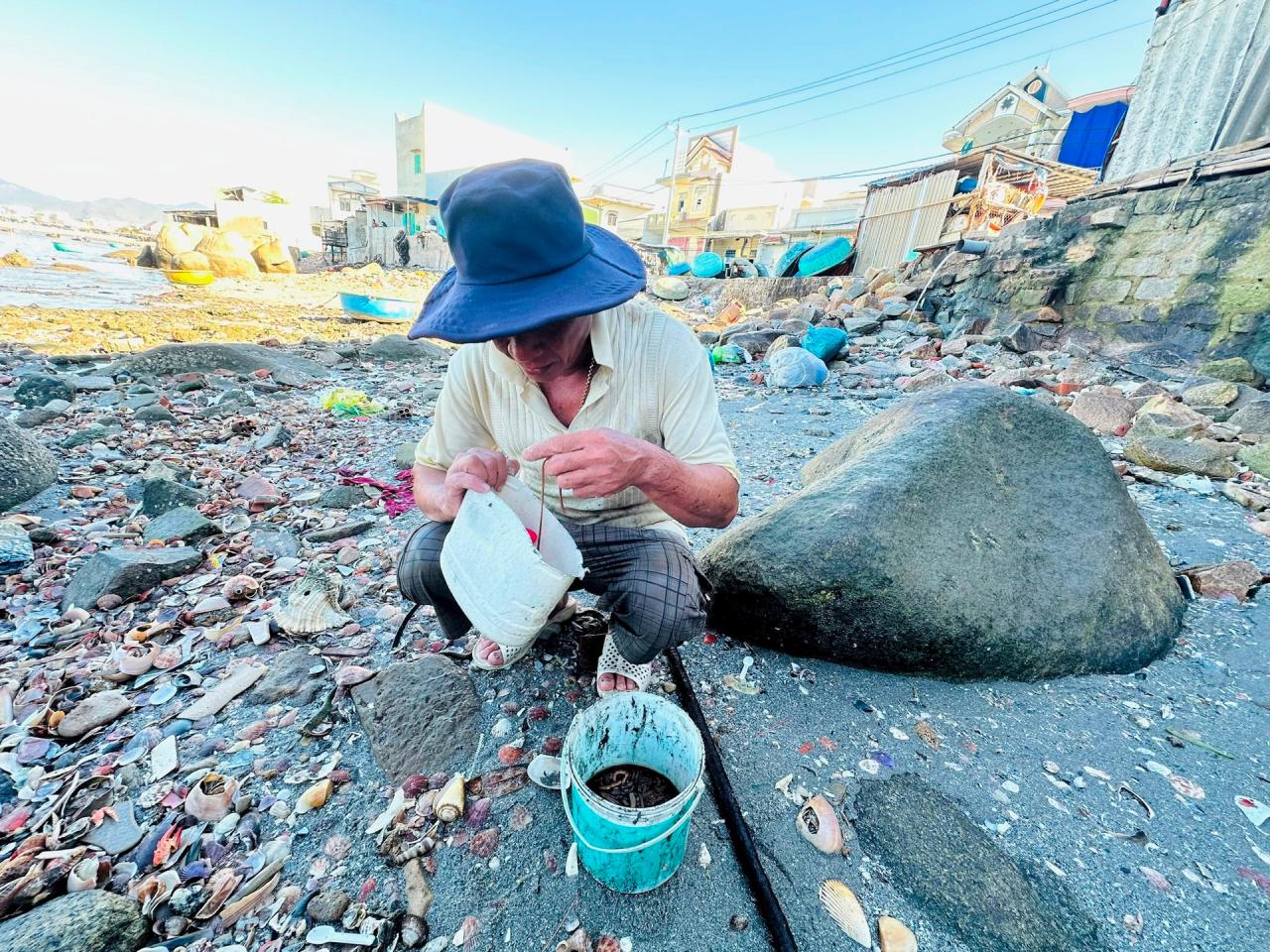
It was still early in the morning, but the beach near the old Chi Cong market was already noisy and bustling. Partly because it was close to the market, partly because it was the last day of the lunar month, so the tide was low. Quite a distance from the shore, the image of fishermen, people working in the maritime logistics industry such as brokers, porters... and even local people lined up to the fishing boat anchorage to transport seafood to shore. When the water receded, on the shore near the residential areas, another group of fishermen separated from the bustling atmosphere of the market.
They were “immersing” themselves, sitting on the black mud, mixed with countless shells, snails and… trash, digging for the sea. Their luggage was a protective suit, long boots, gloves, a small plastic cup, a container and a crowbar.
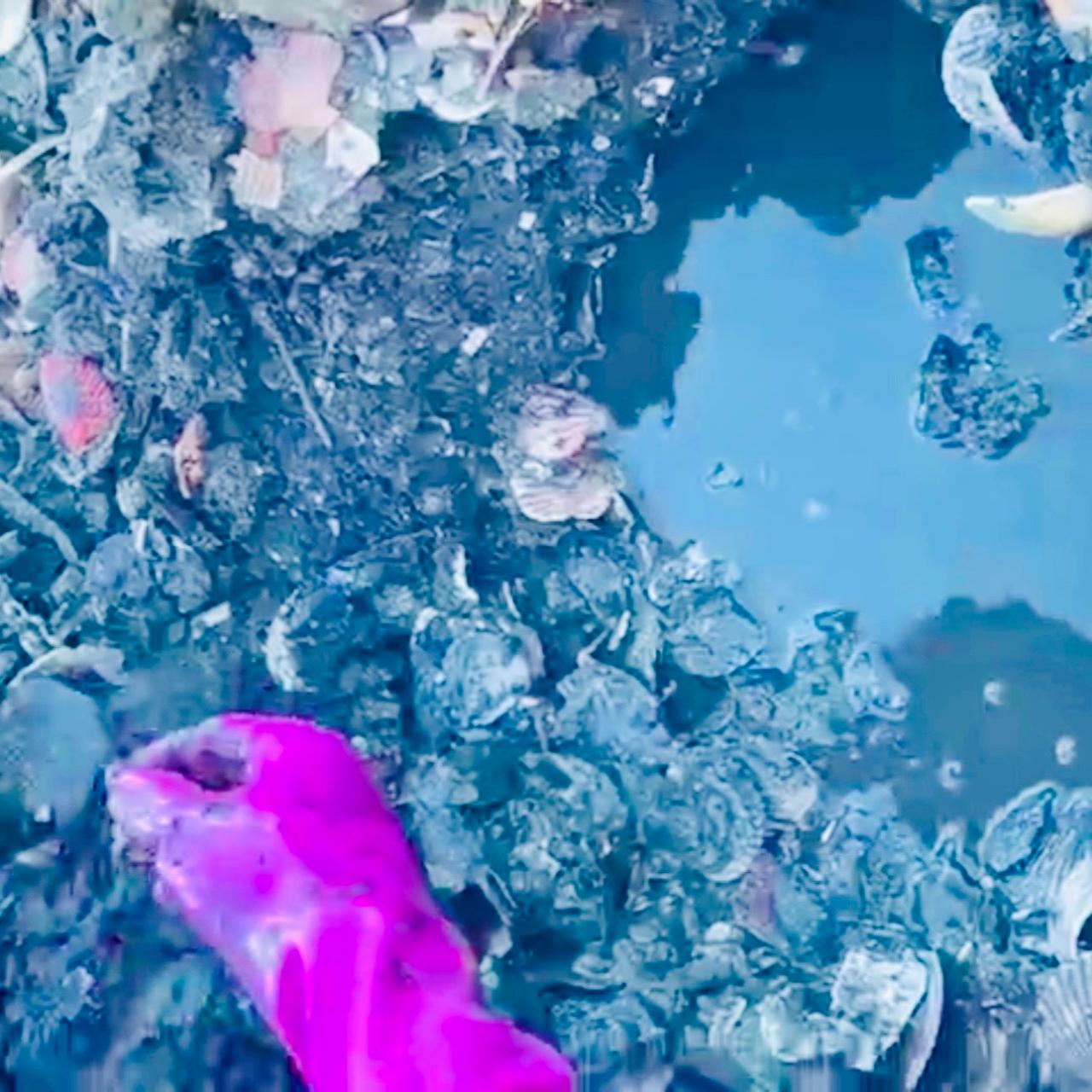
At first glance, the job seems quite simple, but in reality, to do this job, you have to be hard-working, dirty, cold, and soak in seawater and mud for hours. In addition, to dig for sea urchins effectively, you also need to have "professional skills", skillful hands, and gently hold the urchins as small as chopsticks, avoiding breaking them, which will easily kill them, making them unsellable and unstoreable.
Because they dug early, by 7am, each person present had in hand 1/3 of a large paint bucket, about 2kg. This finished product is currently being sold for about 150,000 VND/kg. The main source of consumption is for shrimp breeding facilities, or sold as bait.
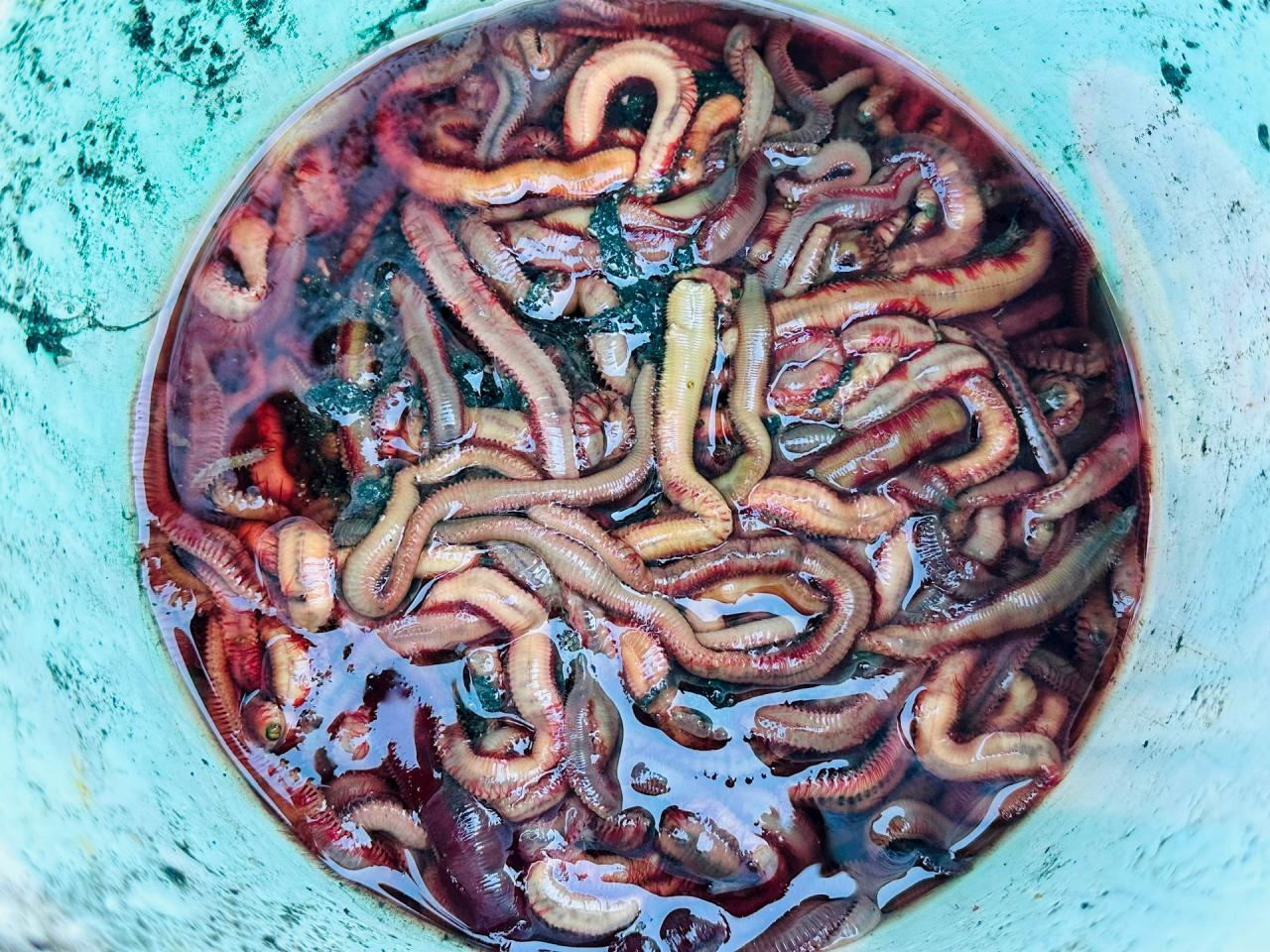
"Sharp" bait for seafood
Witnessing the finished product from these fishermen, I was a little surprised and a little scared. Because when I first saw the sea worm, I thought it looked quite similar to earthworms, but it was slimy and had small, bristly legs on both sides of its body… not much different from the “rươi” living in the rivers of the North Central region.
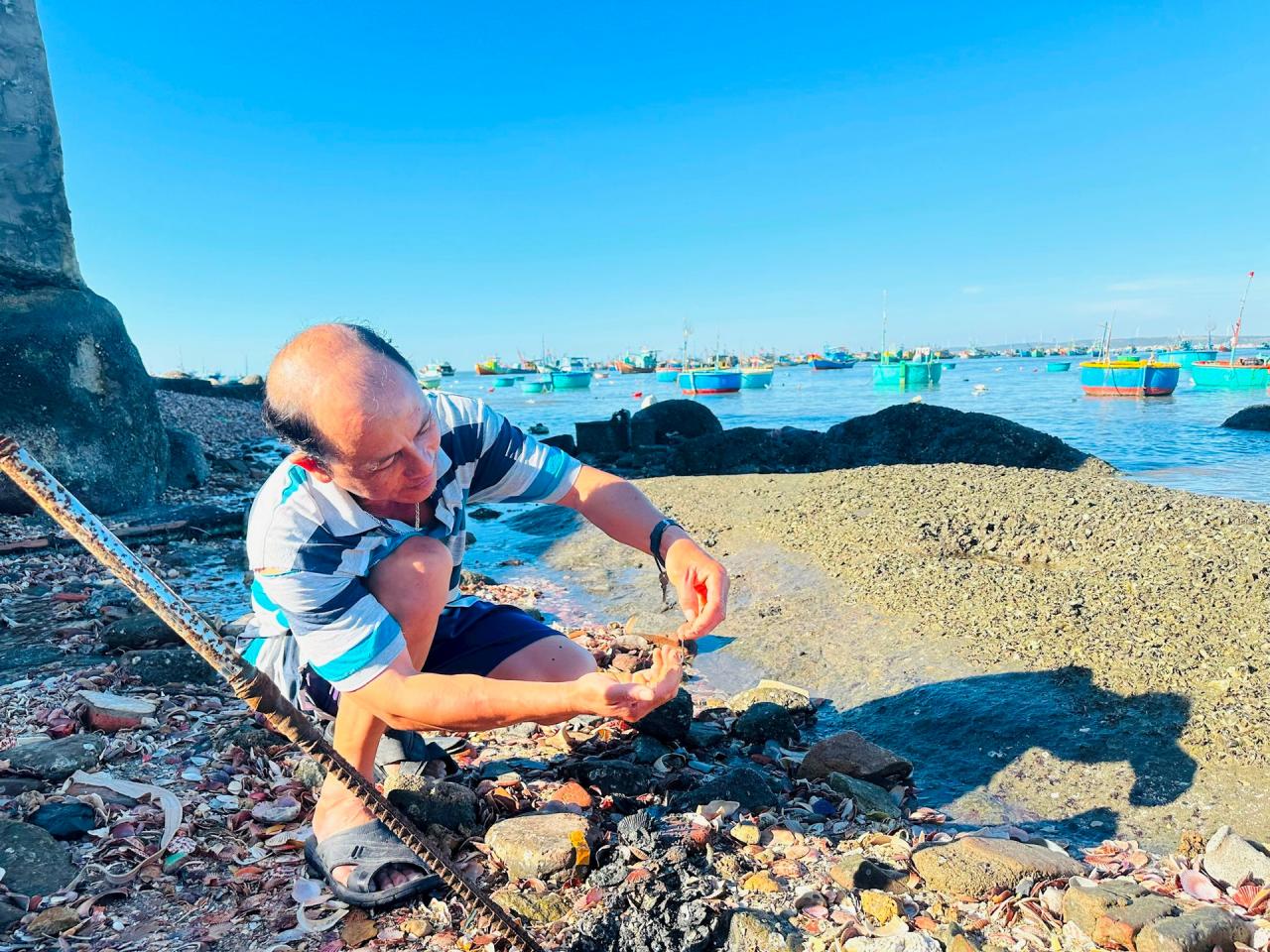
Mr. Huynh Tam (Ha Thuy 2 village, Chi Cong commune) is also a fisherman who specializes in squid and fish fishing. Holding a small bucket in his hand, he led us along the stone steps, down to the sea, where the water had receded. The large rocks on the clam beach protrude, surrounded by thick layers of clam shells that have been piled up over many years. Mr. Tam turned a rock over with his hand, pointed down and said: Sea mollusks often live close to the rocks, burrowing deep into the mud. If anyone has experience digging for mollusks for many years, when turning the rock over, they will see the murky water, or create a trail (a path of movement) of the mollusk to catch. According to Mr. Tam, sea mollusks have soft bodies, high nutritional value, and are a favorite food for most types of seafood. Local people call them sea mollusks, but they are not poisonous or itchy as their name suggests. They have long been the number one bait for fishermen in the region in particular and the whole country in general, to collect many spoils from the sea.
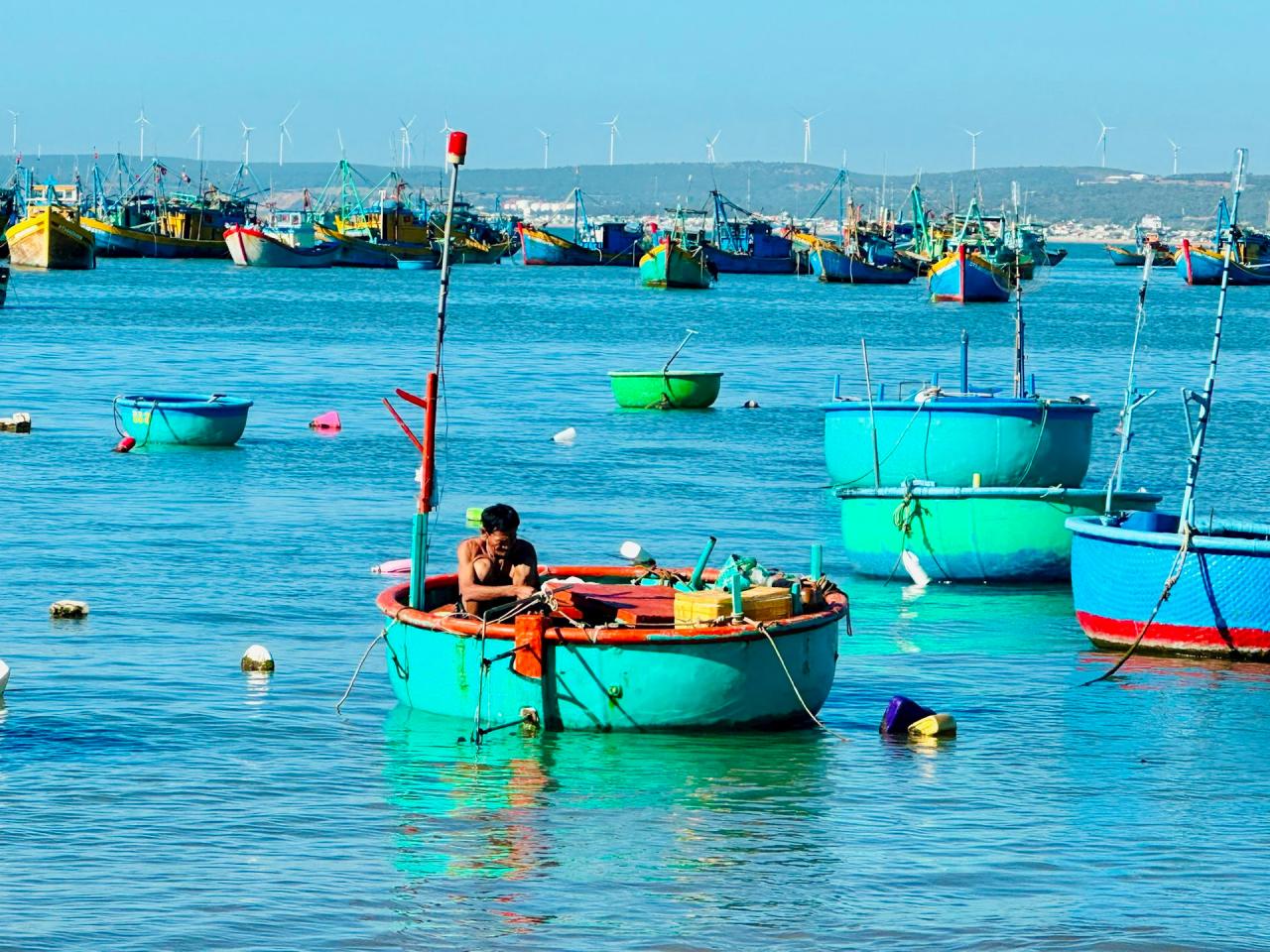
Mr. Tam said that in the past, there were a lot of these animals, but in recent years, due to the strong consumption market, people bought them to make food for shrimp larvae, so people competed to dig them. In the coastal area of the South Central region, there are also many workers who dig and move from one province to another to use or sell to traders to earn extra income. In the whole Chi Cong commune alone, there are currently over 100 boats and baskets for fishing. For local fishermen, for each fishing trip during the day or night, they usually prepare about half a kilo of sea snails, enough to catch and then continue digging the next day, but rarely have reserves, because this type can only be kept for a few days. On days when the water rises and they cannot dig sea snails, fishermen buy clams to save for bait...
Faced with the reality that marine resources are increasingly depleted, in addition to seafood, even sea urchins are becoming less and less every day, due to the intense "hunting" of humans. As for the fishermen in the coastal area of Chi Cong in particular and many coastal communes in the province in general, no matter how hard and difficult it is, but for the sake of making a living, worrying about food, clothing, and money, they still devote their whole lives to the sea, including the hard work of "hunting" urchins...
Source


![[Photo] Solemn Hung King's Death Anniversary in France](https://vstatic.vietnam.vn/vietnam/resource/IMAGE/2025/4/6/786a6458bc274de5abe24c2ea3587979)


![[Photo] Prime Minister Pham Minh Chinh chairs the regular Government meeting in March](https://vstatic.vietnam.vn/vietnam/resource/IMAGE/2025/4/6/8393ea0517b54f6791237802fe46343b)

![[Photo] Vietnamese rescue team shares the loss with people in Myanmar earthquake area](https://vstatic.vietnam.vn/vietnam/resource/IMAGE/2025/4/6/ae4b9ffa12e14861b77db38293ba1c1d)


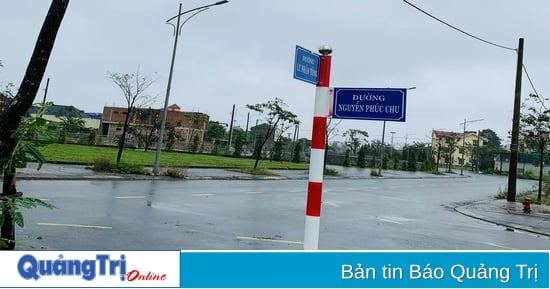








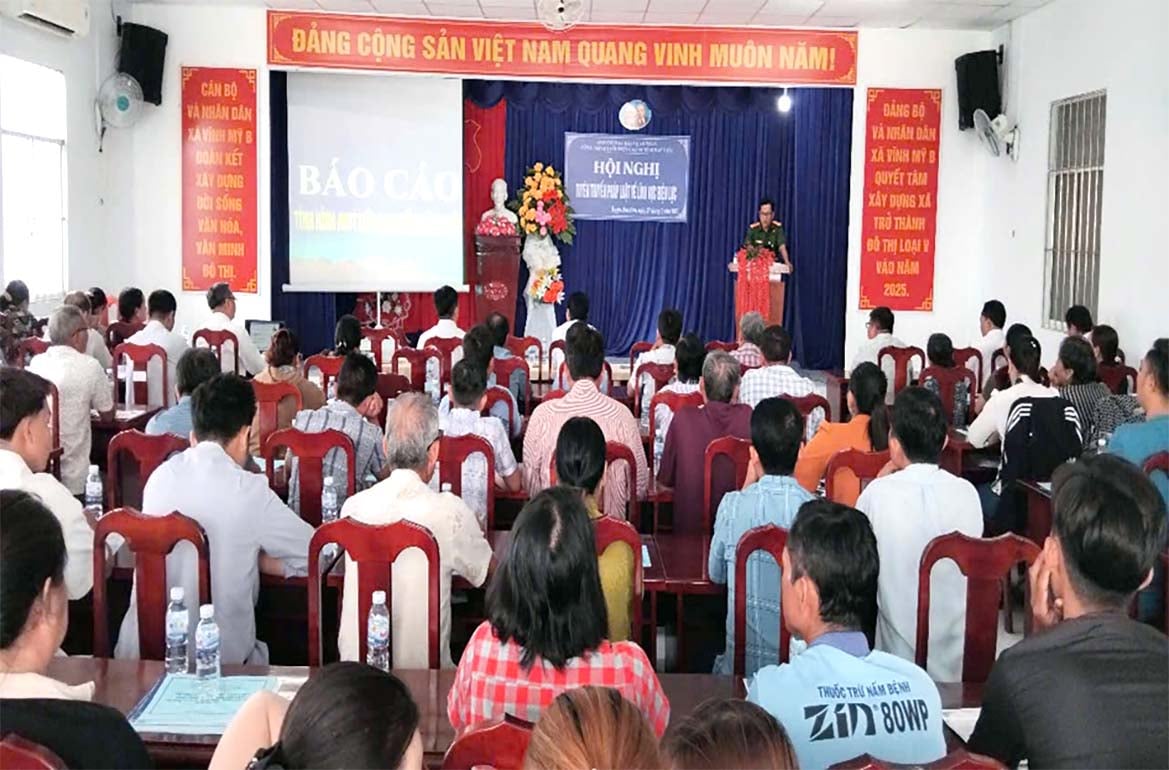
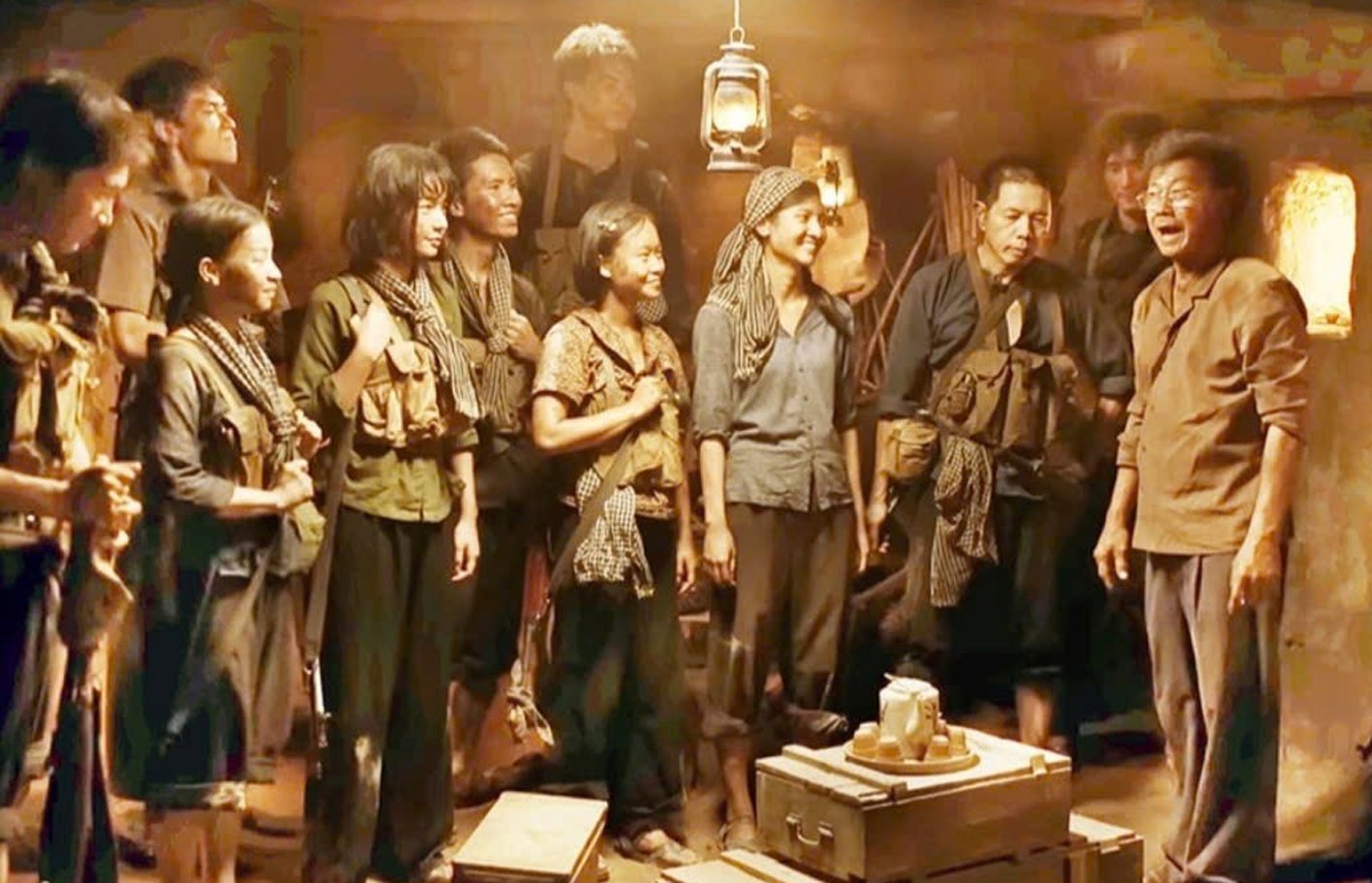







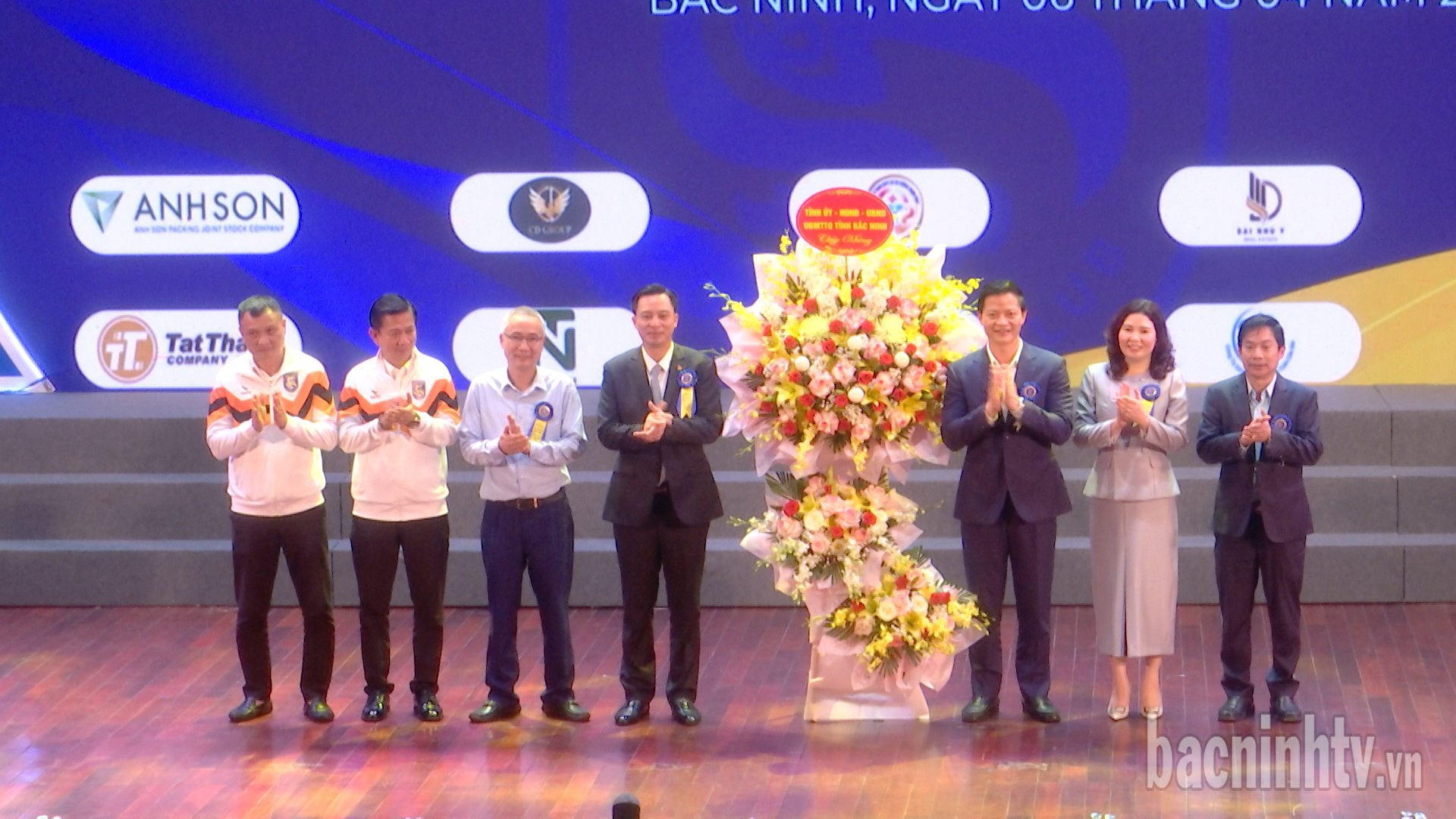

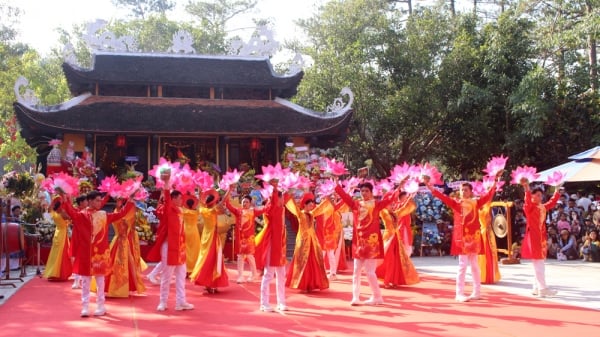
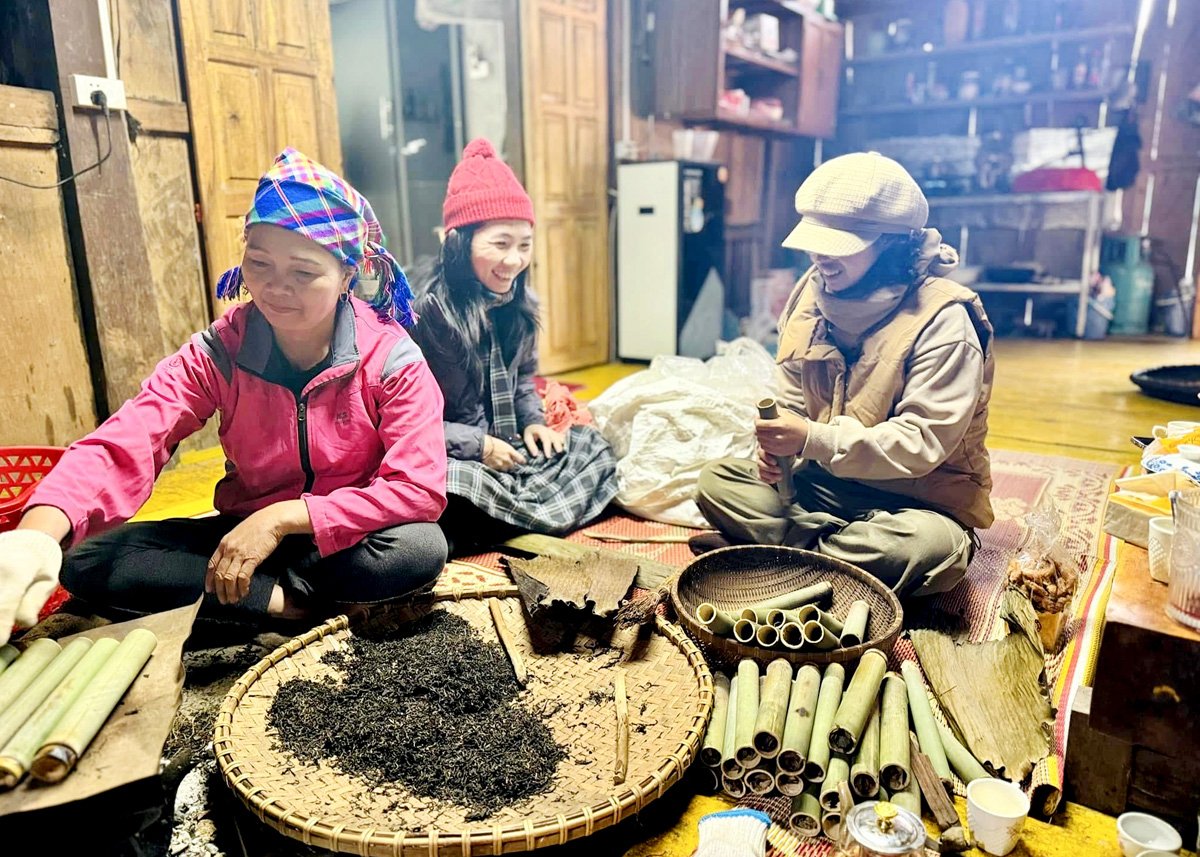





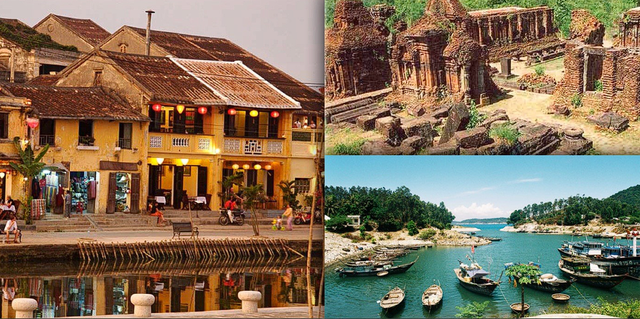







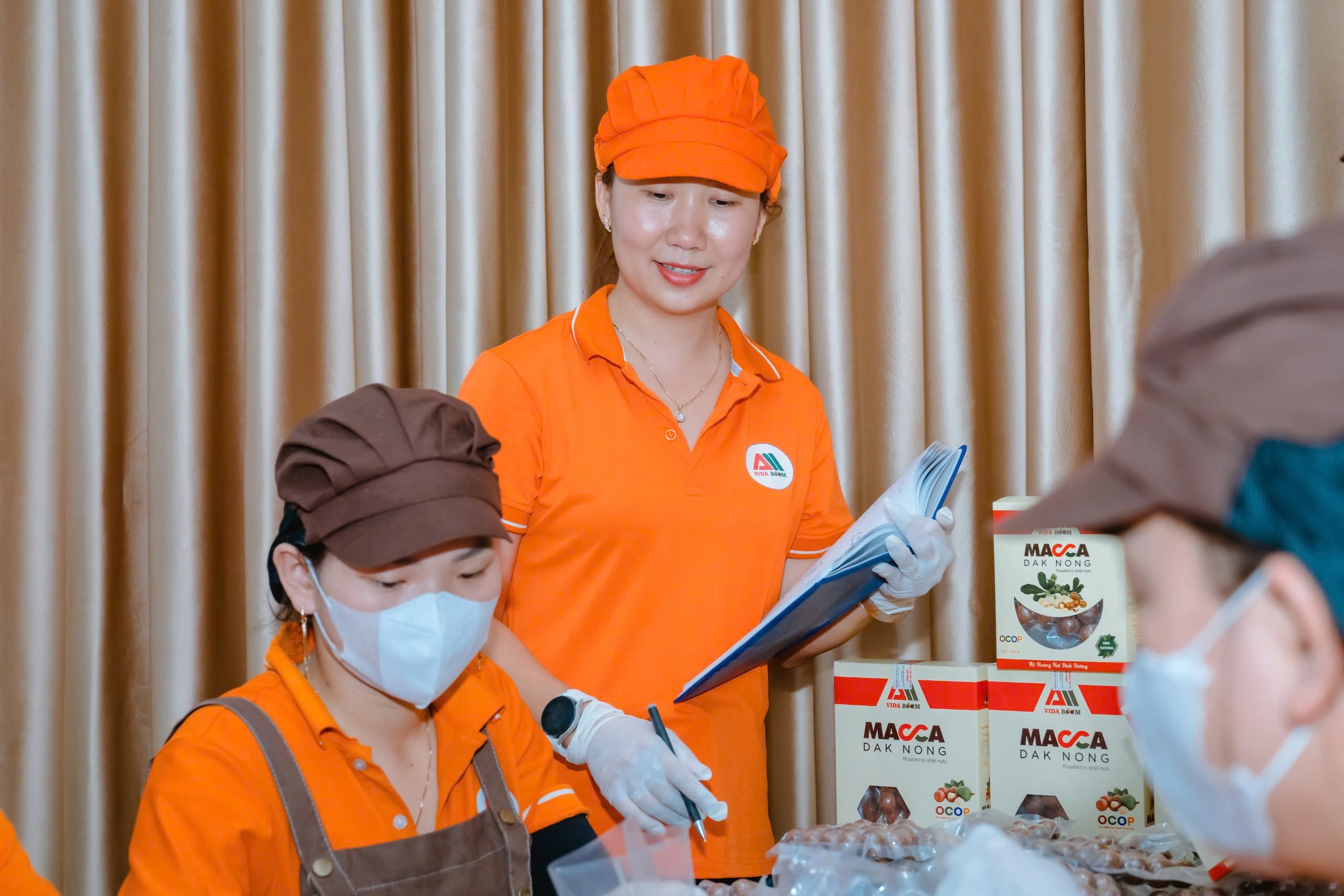


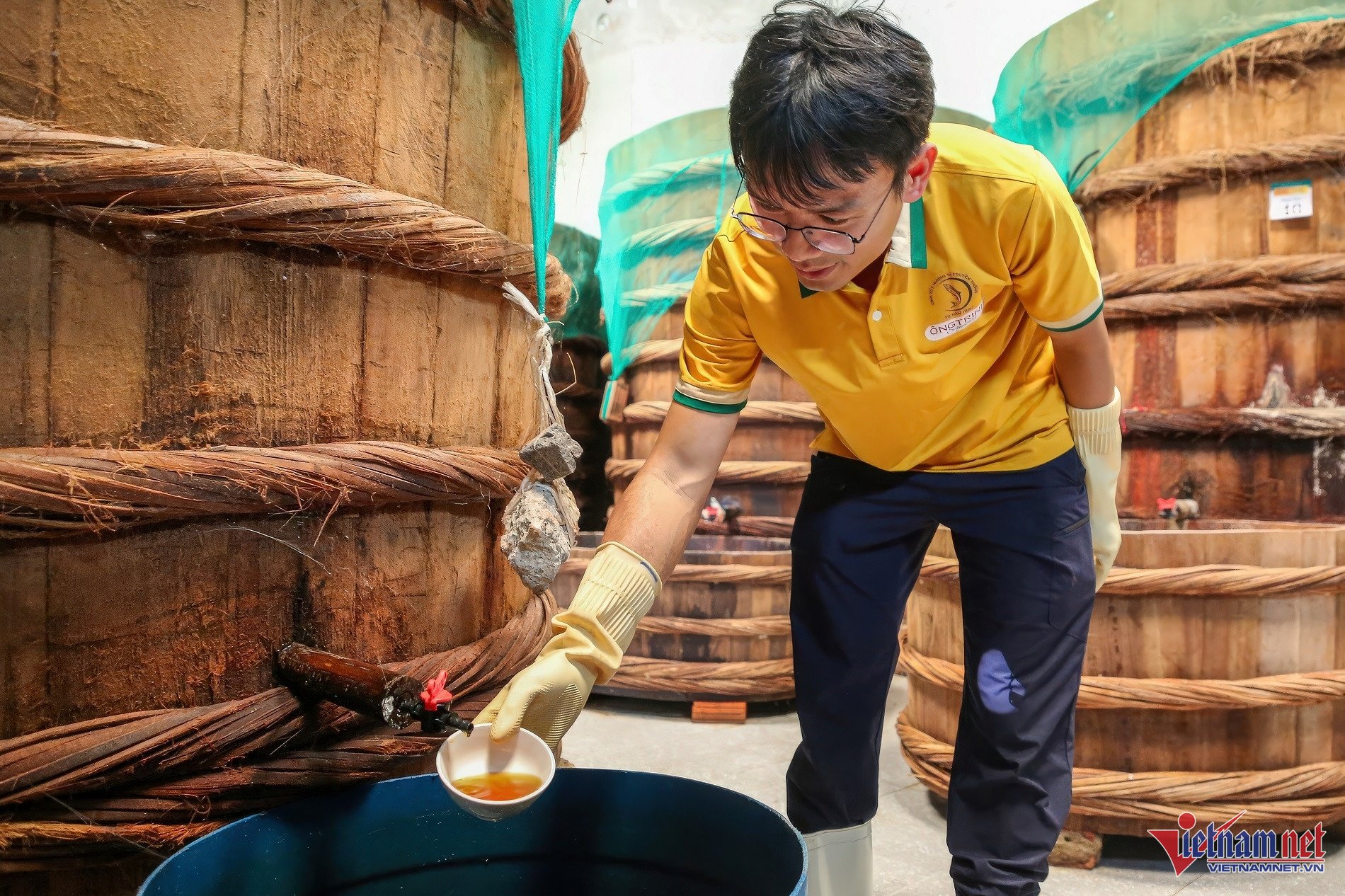





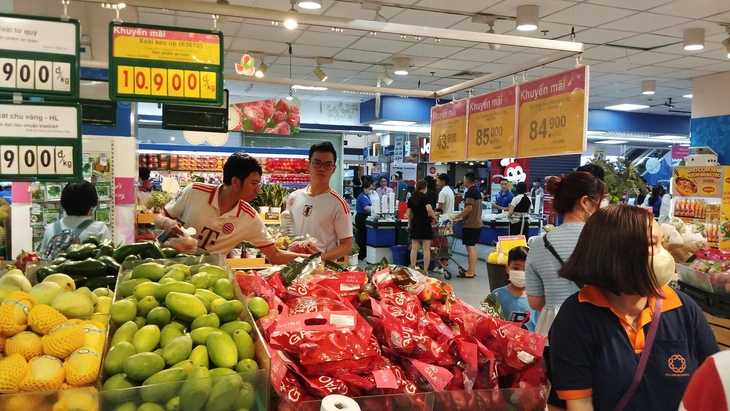























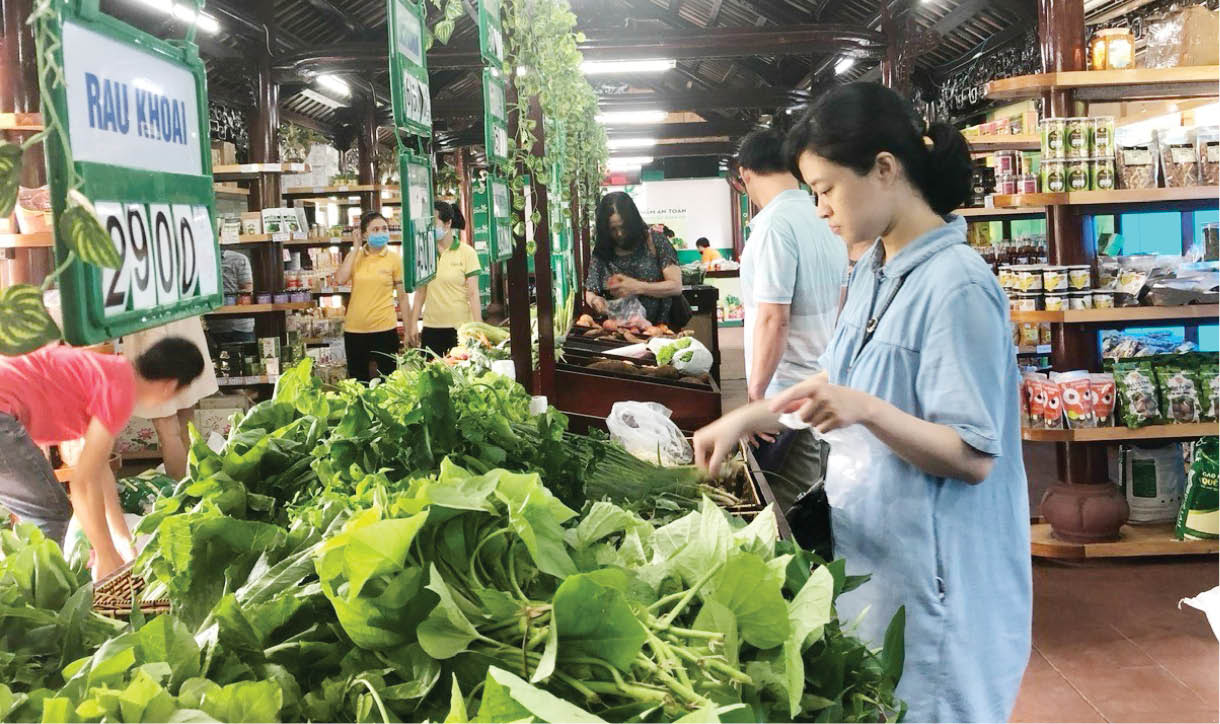

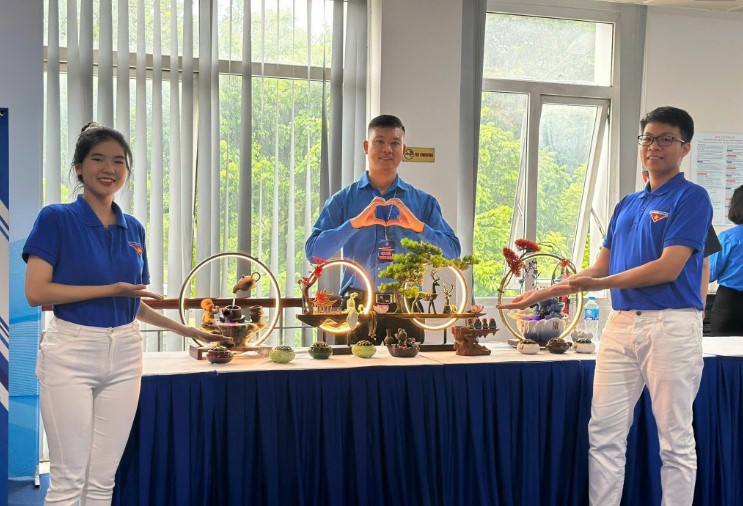
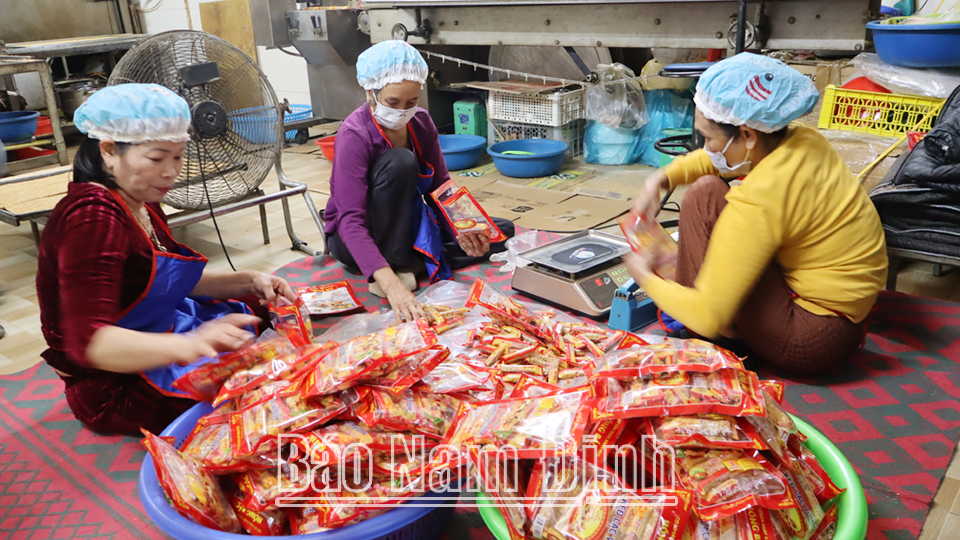

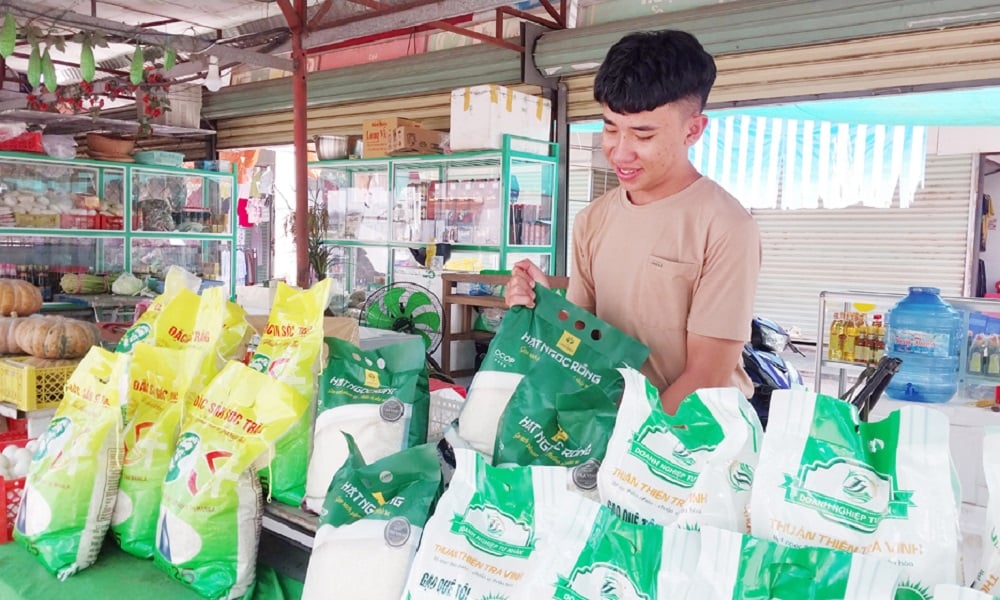
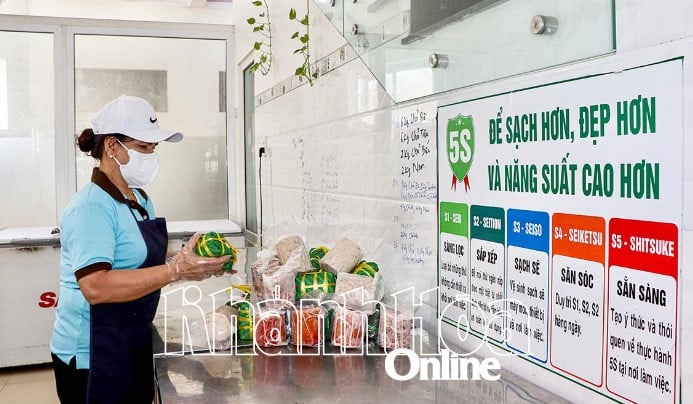

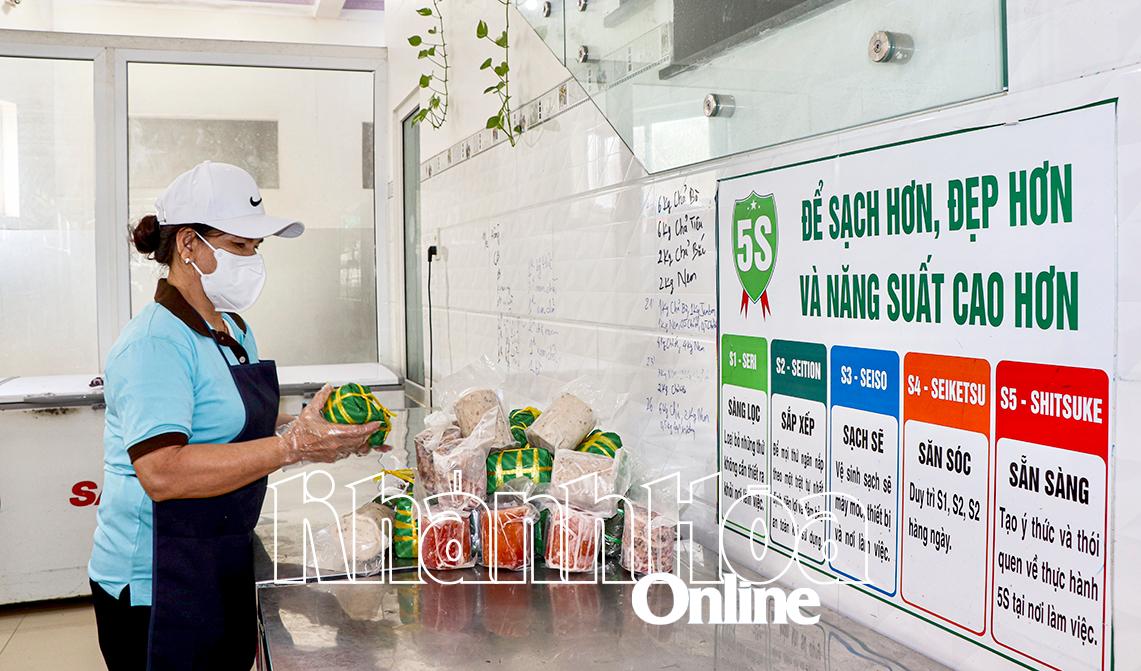
Comment (0)